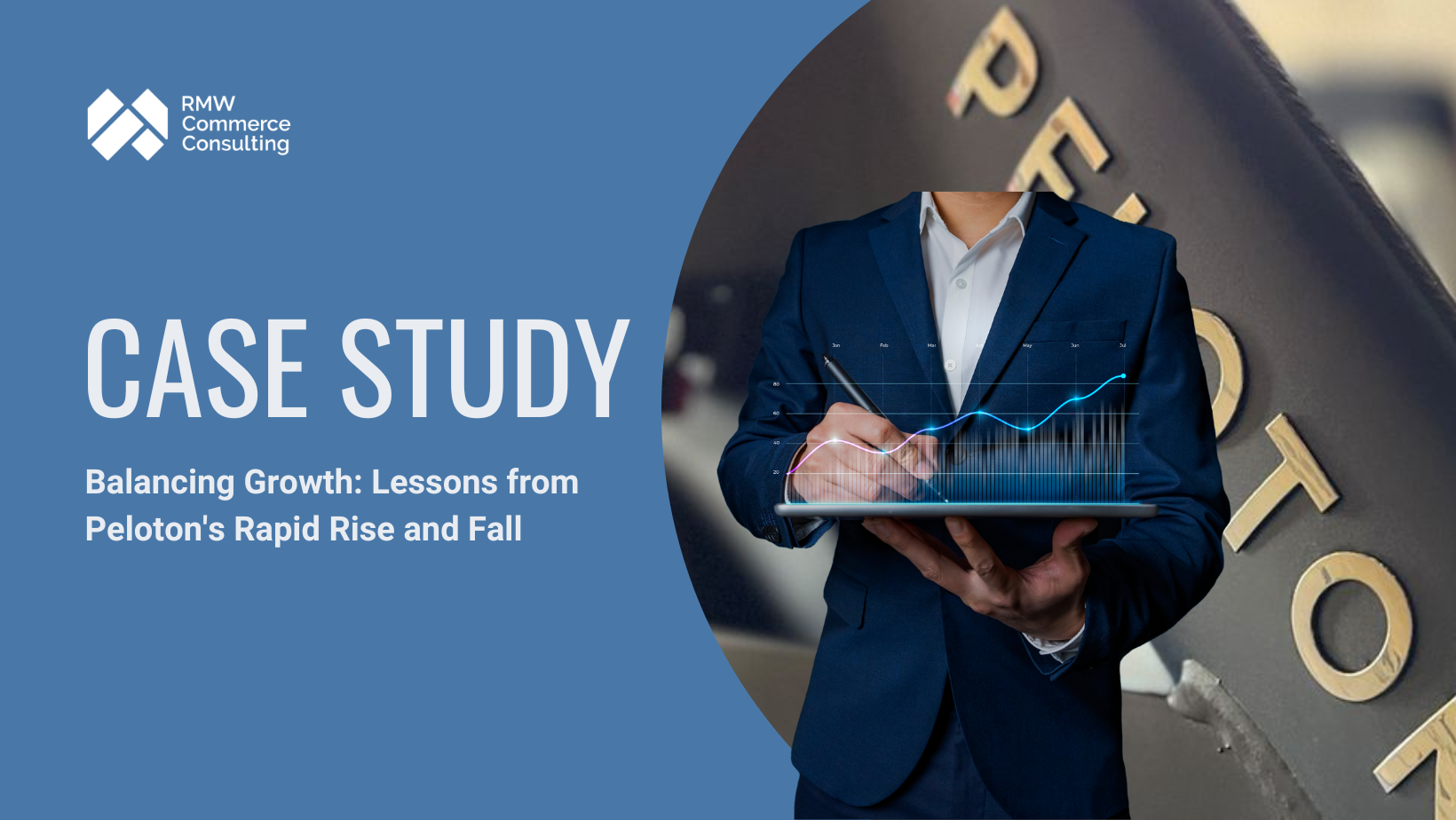Peloton Case Study: Fast Growth Isn't What It's Cracked Up To Be
I hear it a lot from startups, we could be growing faster if we just did X or Y. First, it's often not true. And then if it is true, it may not be the best thing for the company long term.
Can rapid growth harm a company in the long run?
Peloton provides an example. Even the turnaround CEO, you know, could not turn it around, bright eyes. Barry McCarthy is stepping down, and 15% more staff are departing.
Gyms were probably one of the more unsafe places during the pandemic.
Demand for home fitness skyrockets.
Manufacturing ramps up.
Global supply chain crisis causes ocean-freight container prices to skyrocket and unpredictable timing.
Company moves to air cargo ("customers must be served")
Costs skyrocket.
What mistakes did Peloton make during its growth phase?
Every now and then it falls apart. Owned manufacturing and air cargo were the worst supply chain moves. Bikes are heavy and it's difficult to scale manufacturing without a partner.
What do startups rarely consider during high growth phases?
You know what you never hear from a high-flying startup?
"We would generate so much more CASH if we did X."
"We would take care of our customers so much better if we did Y."
In fact, customer service and free cash flow are usually the first casualties of growth.
Why is the type of growth important for a company's success?
Growth. It's always the growth, but of course not always the right kind of growth. It's always the top-line or vanity metric kind.
How can companies distinguish between temporary and generational growth opportunities?
The lesson here is simple: is this a one-time growth opportunity, or is this a generational shift. (hint: you are going to guess wrong).
What should companies do when faced with a one-time growth opportunity?
If it's a one-time opportunity, then do your best to add one-time expenses as well that are easily scaled back down. Even just asking the simple question in the management team meeting no one wants to ask: "What happens when demand goes back to normal?"
How can having a Plan B help companies during growth phases?
Even just having a plan B will help you avoid those catastrophic company-killer events.
Expert Consulting: How Will You Grow Your eCommerce Company?
When growth is elusive, I am an expert at asking incisive questions to surface the real issues and then present straightforward ideas that your team can actually implement.
Mistakes are expensive. They cost money, of course. What’s worse is the opportunity cost. I work with investors and management teams worldwide to help them get a handle on their digital business plans to execute a clear path forward.
For more on Consulting, you might also like:

